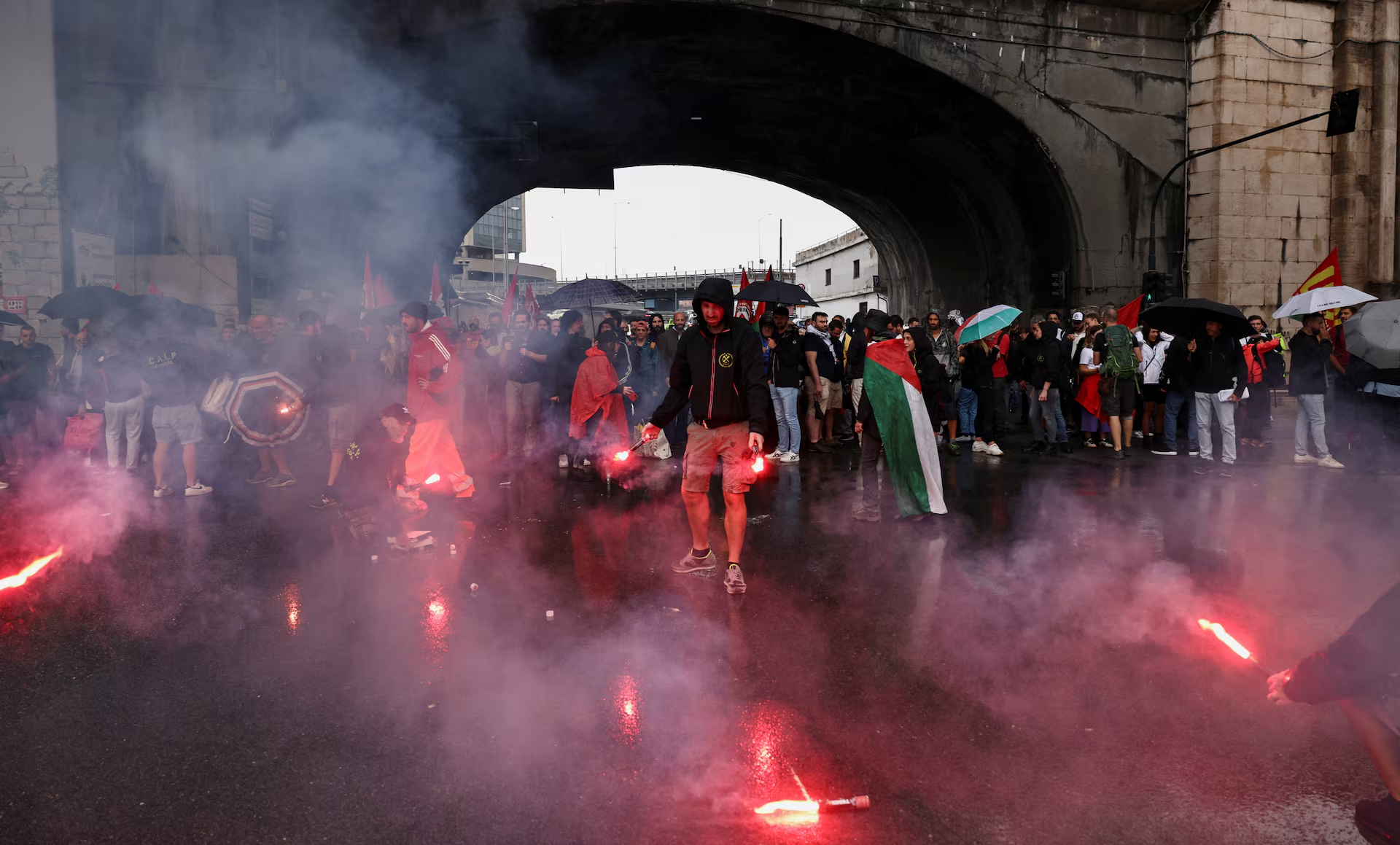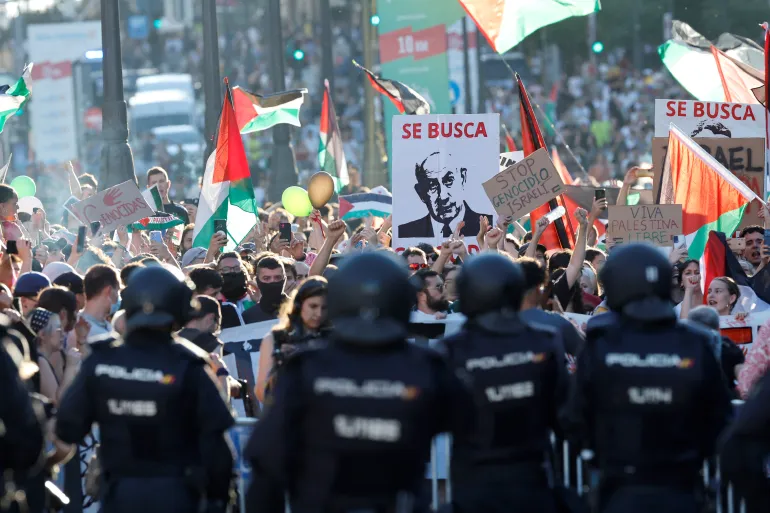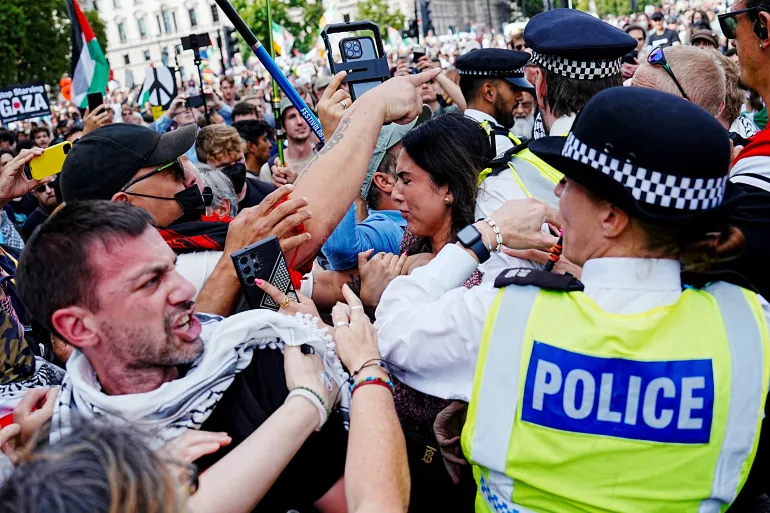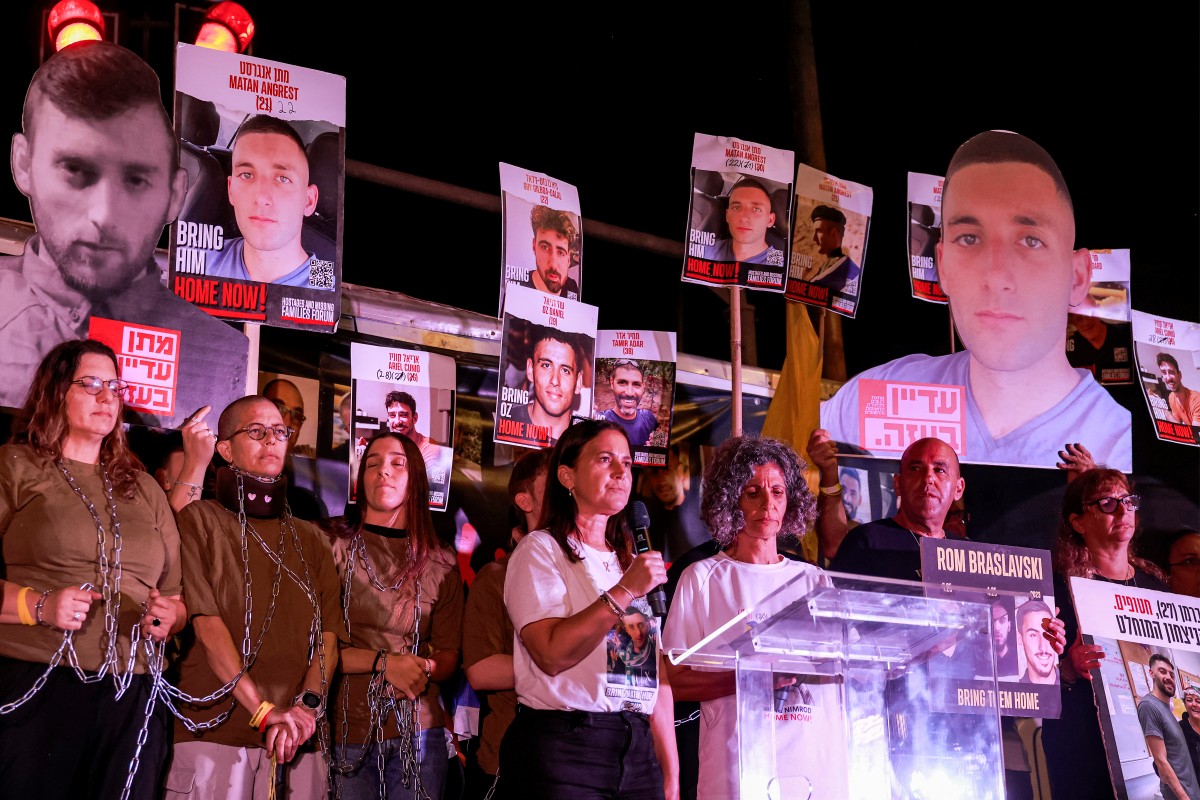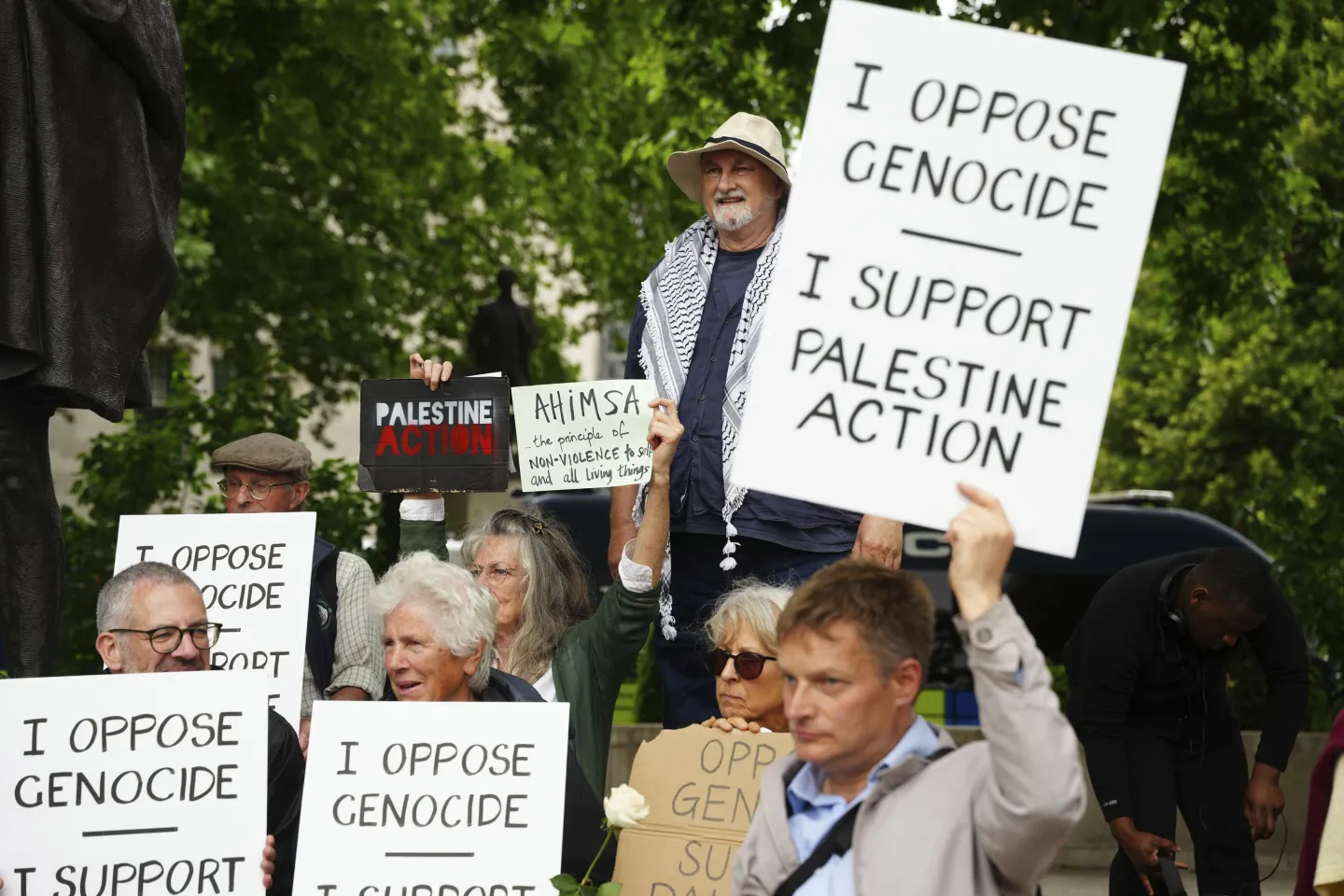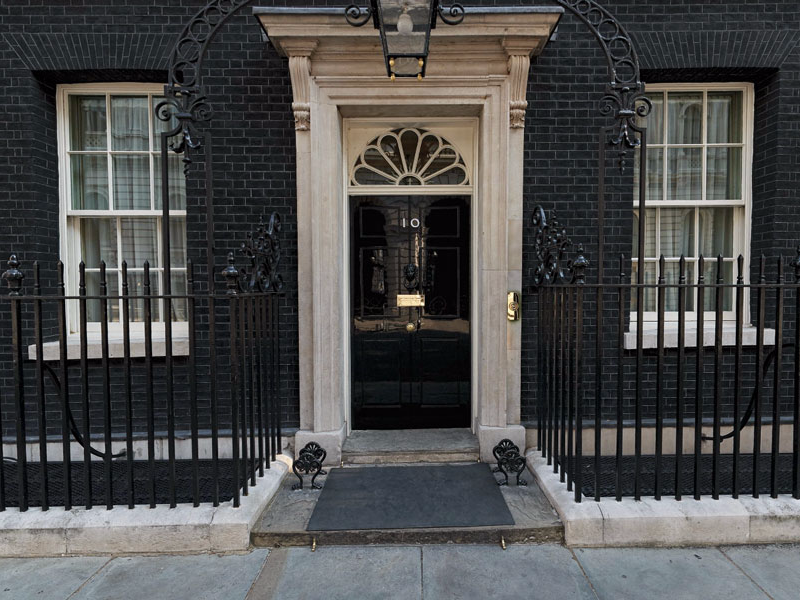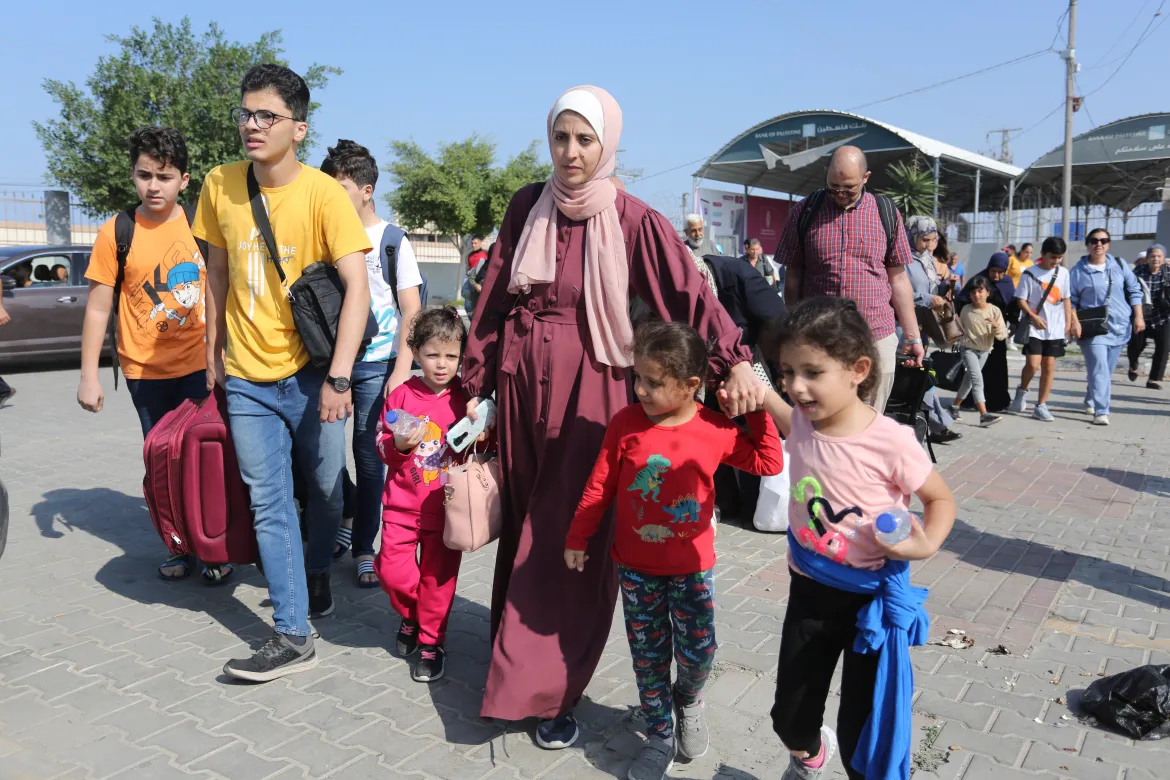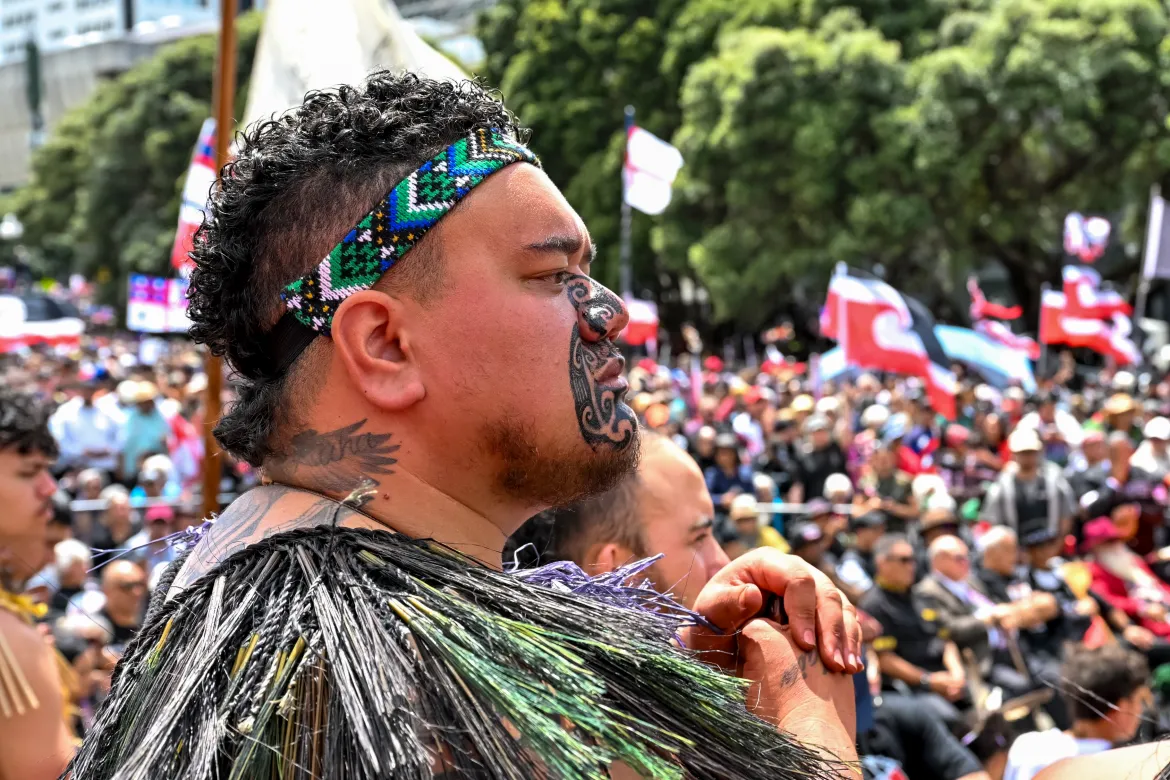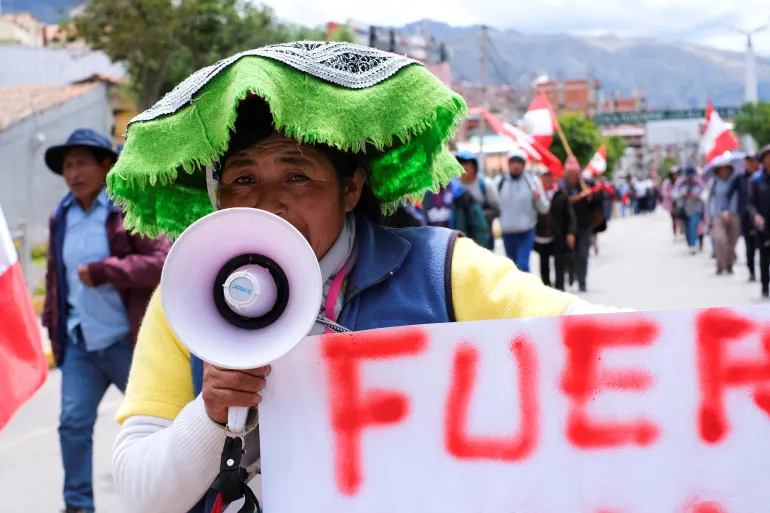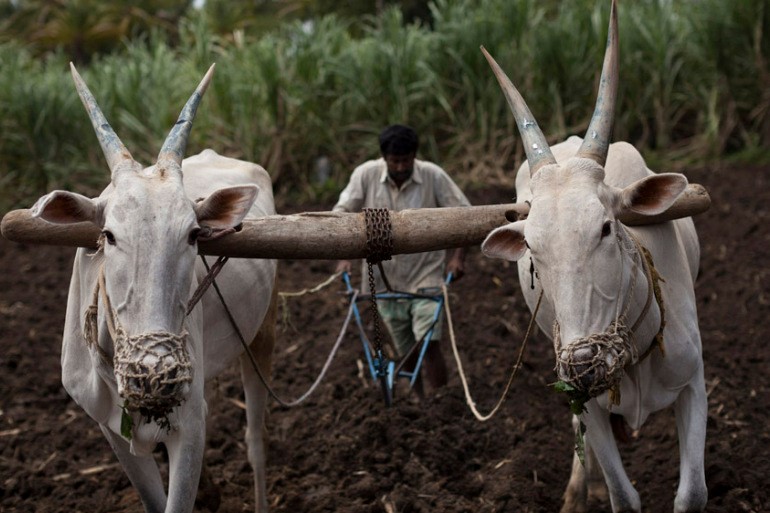Libya’s Government Teeters as Protests Swell
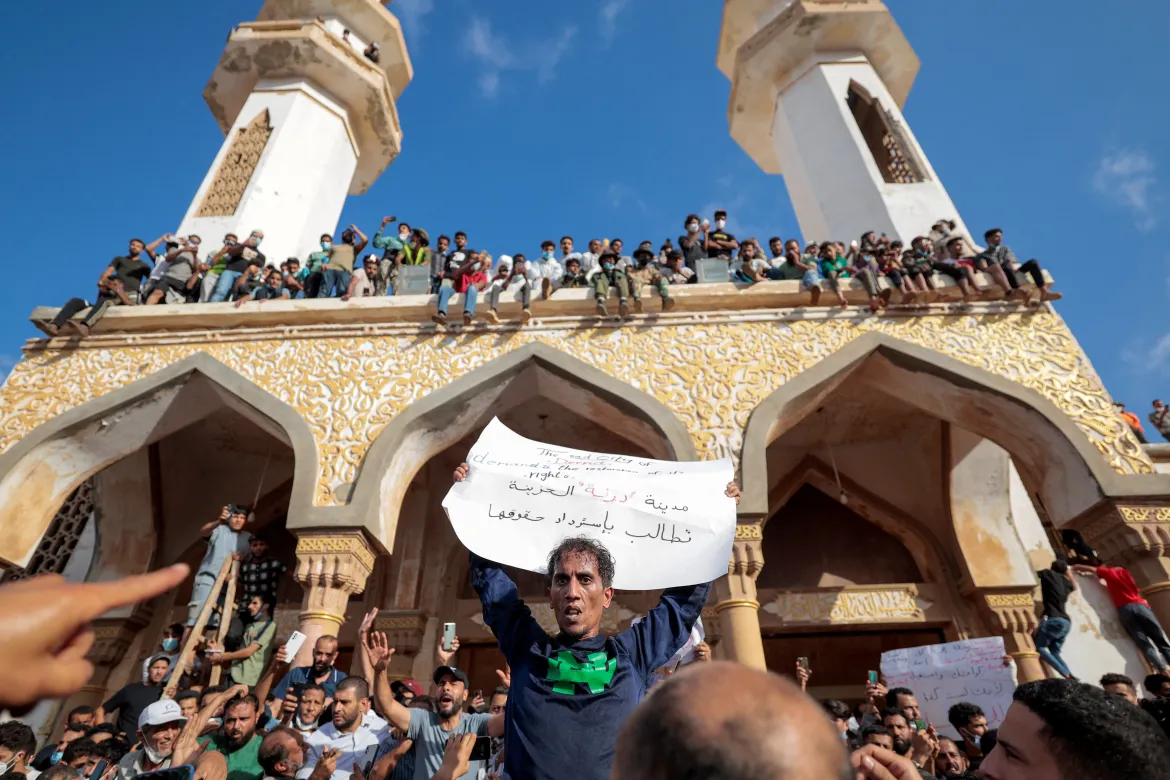
Libya’s political crisis shows little sign of resolution/Al Jazeera.
Discontent simmered over into open protest in Tripoli on Saturday, as crowds took to the streets demanding the resignation of Prime Minister Abdelhamid Dbeibeh and the dissolution of Libya’s internationally recognised government.
The Prime Minister, speaking in a late-night address, struck a defiant yet conciliatory tone. He called for an end to Libya’s pervasive militia culture, urging fighters to fold into state institutions. Those who do so, he said, would be granted rights and protections; those who persist in criminality and corruption would be marginalised. In a rare public rebuke, Mr Dbeibeh accused political rivals of perpetuating militia influence for personal and political gain.
The unrest has already turned deadly. A police officer was shot and killed on Friday while guarding the Prime Minister’s office. Earlier in the week, Tripoli was rocked by clashes on Monday and Wednesday, following the killing of a senior militia commander—an event that has heightened tensions among rival factions.
Meanwhile, the government is haemorrhaging key personnel. Four ministers, including those responsible for Local Government and for Housing and Utilities, resigned on Friday, citing deteriorating security conditions and paralysis at the executive level.
With institutions weakening and militias emboldened, Libya’s political crisis shows little sign of resolution. As ever in the country’s fractured politics, what comes next is uncertain—and likely to be decided not in ministries or parliaments, but in the streets.
Agencies.
- Most Viewed
- Most Popular


